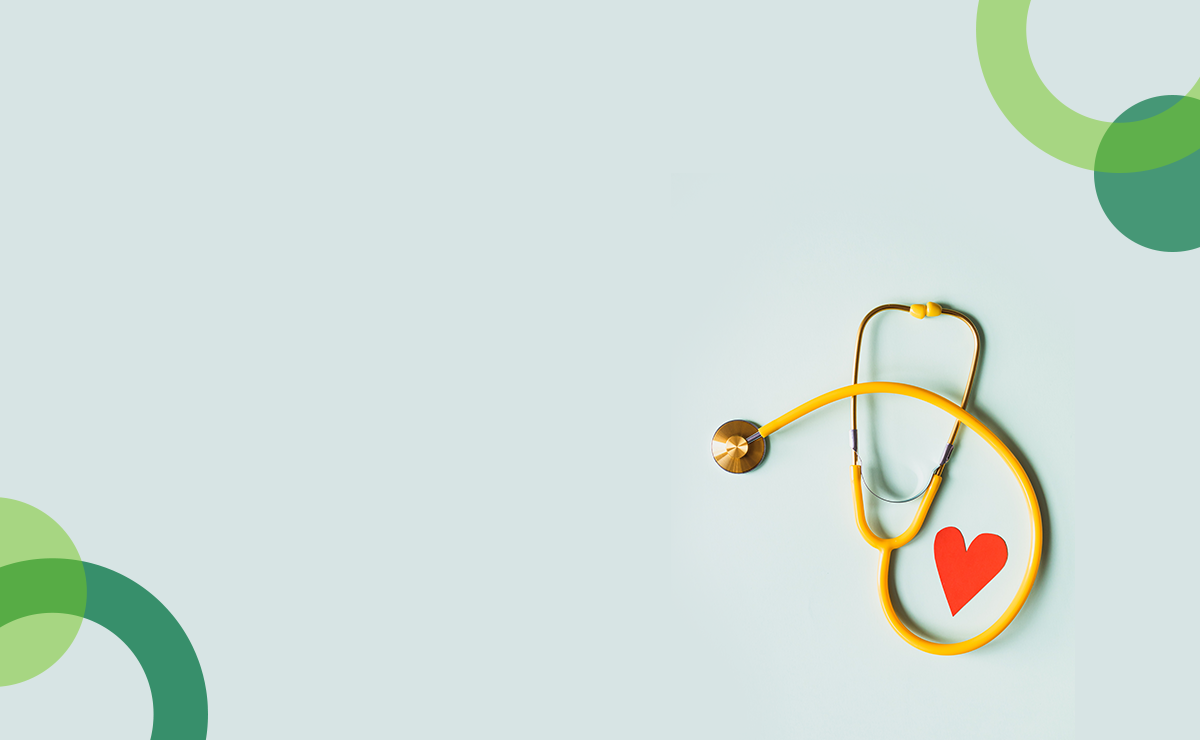Overview
- Depression is more common than you think and is often characterized by long durations of feeling down or hopeless. Many others report feeling numb. It is different than grief or feeling down about a particular thing for a little while.
- If you have symptoms and signs of depression that have lasted for more than two weeks like feelings of sadness, guilt, or anger, loss of interest in normal activities, sleep disturbances, reduced appetite, lack of energy, or suicidal thoughts, you should talk to a doctor immediately.
- Depression can be caused by hormonal changes, biological differences, changes in brain chemistry, due to genetics, or even environmental factors like abuse or trauma.
- You may be suffering from different types of depression like major depression, seasonal affective disorder, dysthymia, atypical depression, postpartum depression, or bipolar disorder.
- It is the most treatable mental health disorder and can be helped with medications like antidepressants, psychotherapy, and in severe cases electroconvulsive therapy.
- Many people feel embarrassed or shy to talk about depression. One way around that may be to talk to a doctor online regarding some help.


Trauma, loss of income, or major life events like bereavement may lead to depression in some people. Persistent feelings of helplessness and hopelessness is what differentiates normal feelings and depression. It is an ongoing issue. Depression in people can last for weeks, months, or even years.
According to the Centers for Disease Control and Prevention, 4.7% of American adults suffer from regular feelings of depression. Depression contributes to 14.5 suicide deaths per 100,000 population.
Depression Symptoms
A person can suffer from depression once or even more than that in their life. People tend to have multiple episodes of depression which can differ in severity. A person may even experience signs of depression daily. Some depression symptoms to look out for include:
- Feeling of emptiness
- Extreme sadness
- Numbness or feeling nothing
- Sleep disturbances like insomnia or oversleeping
- Weight gain or loss
- Feelings of guilt or worthlessness
- Lack of energy
- Loss of interest in activities like hobbies, or job
- Decreased libido
- Angry outburst due to frustration
- Slowed thinking and trouble concentrating
- Suicidal thoughts
- An unexplainable physical problem like headaches and back pains
Some people may be able to function despite being depressed, others may not be able to do even very small chores. The symptoms vary from mild to severe. People who have been depressed for longer durations tend to have more severe symptoms.
Causes of Depression
There can be multiple causes of depression. Each type of depression-like major depression comes with its own sets of reasons and symptoms. Here are some of the main reasons for depression in the general population.
| Cause | How It Affects Brain |
| Biological | People who are depressed often have some physical changes in the structures of their brains. It is still unclear why this may be significant but experts assume that this will help understand what causes depression |
| Brain Chemistry | Depression can alter some neurotransmitters in the human brain. For example, low levels of serotonin and endorphins have been seen to be linked with depression. |
| Hormones | Hormonal changes have the tendency to make people depressed. This is one possible explanation given for depression during pregnancy and postpartum depression. |
| Inherited | Some people might be pre-disposed to suffer from depression due to their genes. It has been seen that depression is commonly present in blood relatives. |
| Environmental | Exposure to trauma, violence, abuse, neglect, and poverty has been seen to be linked with an increased tendency of people to be depressed. |
Types of Depression
There are different types of depression. Even though the cause is the same, people may develop two completely different forms of depression as a result. Here are some of the commonly seen forms of depression:
- Major Depressive Disorder
- Persistent Depressive Disorder
- Bipolar Disorder
- Postpartum Depression
- Premenstrual Dysphoric Disorder
- Seasonal Affective Disorder
- Atypical Disorder
It is important to see a doctor and figure out which type of depression you are dealing with. The treatment of depression very much depends upon it.
Treatment for Depression
Whether severe depression or atypical depression, it still is the most treatable mental health disorder. Nearly 80 to 90% of the people with depression can be successfully treated and respond well to treatment. Most of the patients after getting treatment for depression have some symptomatic relief.
At first, a doctor might perform some diagnostic tests to rule out physical factors such as hormonal disorders as the reason for your depression. You will also have to provide as much family history and your medical records as possible. Once you are diagnosed with depression here is how a doctor may help treat your depression:
| Treatment | What it Entails |
| Medication | You may be given medication to manage your symptoms or to balance out any chemical that may be contributing to your depression. Drugs given to depressed individuals can contain antidepressants like:
|
| Psychotherapy | If you have depression, you may also be advised to talk to a psychologist on a regular basis. This is done to better understand what may be causing your depression and what way may be most effective in treating it. You can also develop tools to better deal with depressive episodes or what to do when you have negative thoughts such as self-harming behavior. Most people report significant improvement in their condition after 10 to 15 sessions. |
| Electroconvulsive Therapy (ECT) | Severe depression where antidepressants and other therapies have not produced results may be treated with electroconvulsive therapy. In this procedure, the patient gets brief electric stimulation of the brain under anesthesia. Typically, 6 to 12 treatments are given and are shown to be quite effective. |

It is important to learn when you are just feeling sad or if you are down too consistently. If you think you are depressed, you should contact a doctor immediately and not leave it for a later date.
If you are nervous to talk to a doctor you can always ask a friend or a family member to accompany you to the appointment. An easier way may be just to see a doctor online.
In case of any of the following symptoms, it is important to seek emergency help:
- Suicidal thoughts
- Thoughts about hurting yourself or others
- Unexplainable pain
- Severe insomnia
Getting an Online Doctor Consultation through Telehealth Services at Omni Help
Health services are not accessible for many right now due to the emerging public health situation caused by the COVID-19 pandemic. Some are fearful of exposing themselves to infection with a history of medical issues. But you should not leave depression untreated as it can be extremely harmful to your mental and physical health. It can affect your daily life and impact your relationships.
If you have any of the depression symptoms mentioned above and do not want to go out, we suggest you see a doctor online. You can discuss prescriptions, renew them, better understand your conditions and medications, or discuss anything else related to your condition.
If you want to talk to a doctor online right now or set up a virtual doctor appointment, click down below.
Yes, depression is a serious mental health illness that can have grave consequences on how you feel and how you act. It can impact your life negatively and lead to devastating consequences such as loss of life. If you think that you or your loved one is depressed, you should see a doctor immediately.
Depression can render you incapable of doing everyday chores and work. You may become distant from people and have a decreased interest in social life. You may have feelings of helplessness and hopelessness no matter how hard you try to be happy. Some people may even end up feeling numb.
If left untreated, depression can have devastating effects on your health and life. According to studies, untreated depression can lead to suicides, decreased work efficiency, and an increased risk of chronic health conditions.
The best thing that will get you better is getting the right help. If you are suffering from depression, consulting a doctor and getting treatment is the only thing that can be of any value. You cannot treat yourself or get out of depression with temporary measures.
Many things can signal that you may be suffering from depression. If you have a constant feeling of hopelessness, helplessness, and a loss of interest in daily activities, you might have depression. Other signs can include weight gain or loss, insomnia or sleeping too much, anger, irritability, and loss of energy.
During the depression, a person may suffer from chemical imbalances in the body. Studies suggest that serotonin in the brain is linked to mood. If you have too much of this chemical you may feel happy. Low serotonin and endorphins have been linked with feeling upset, sad, or low.
Yes, suicidal thoughts are one of the clearer signs of depression. If you are having such thoughts or your loved one has discussed such feelings with you, you should get help immediately. Call 911 or talk to a doctor as soon as you can.
Join Our Newsletter Now
Subscribe to get information about Omni Help
